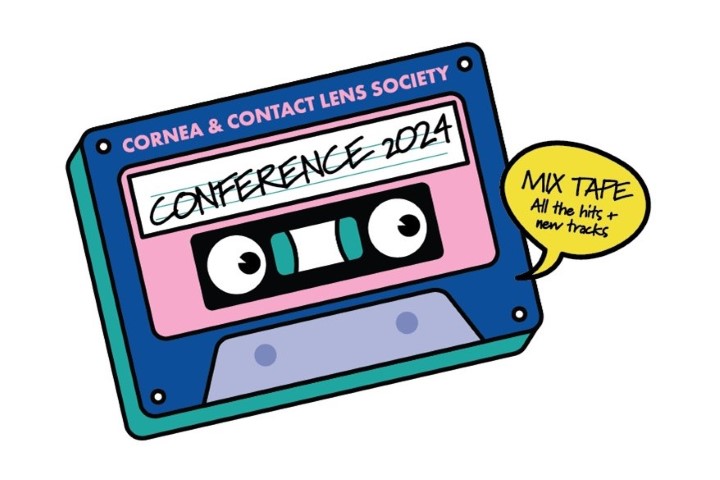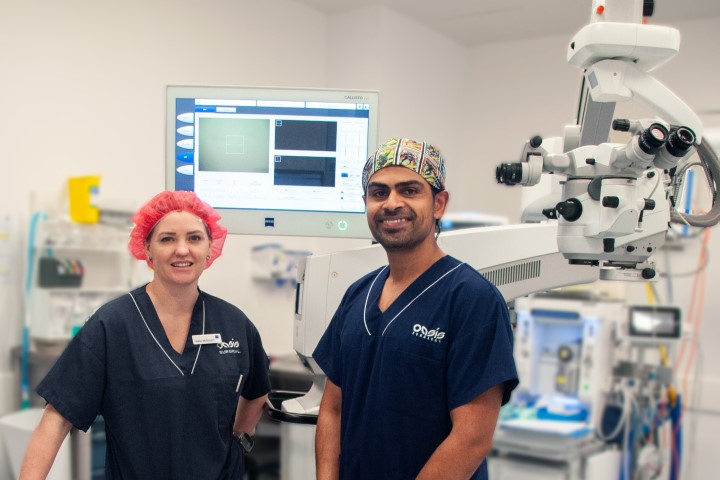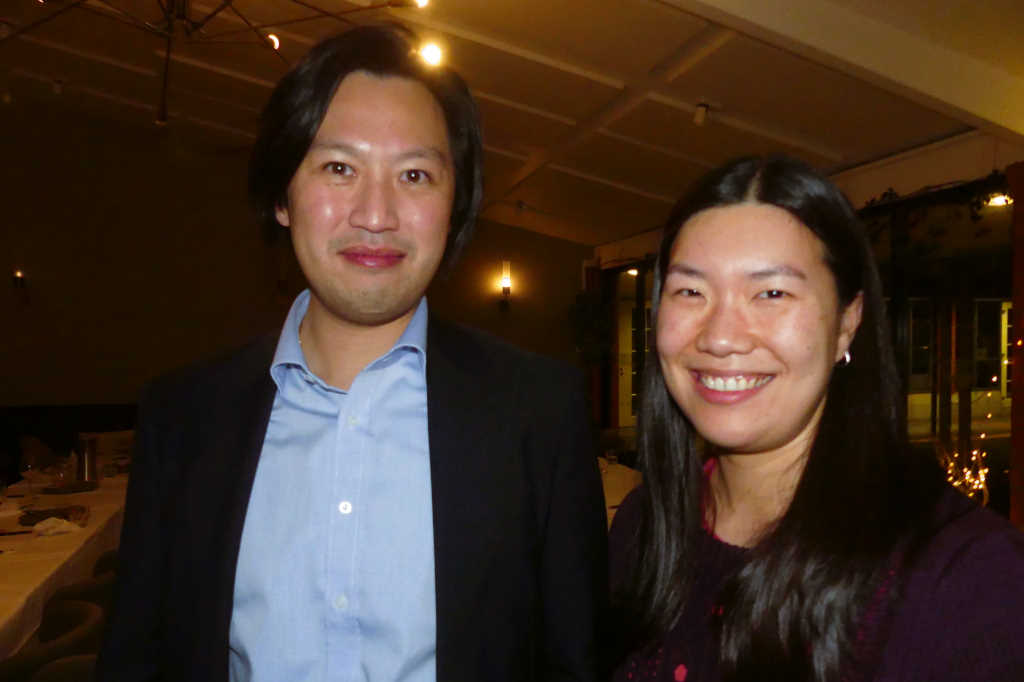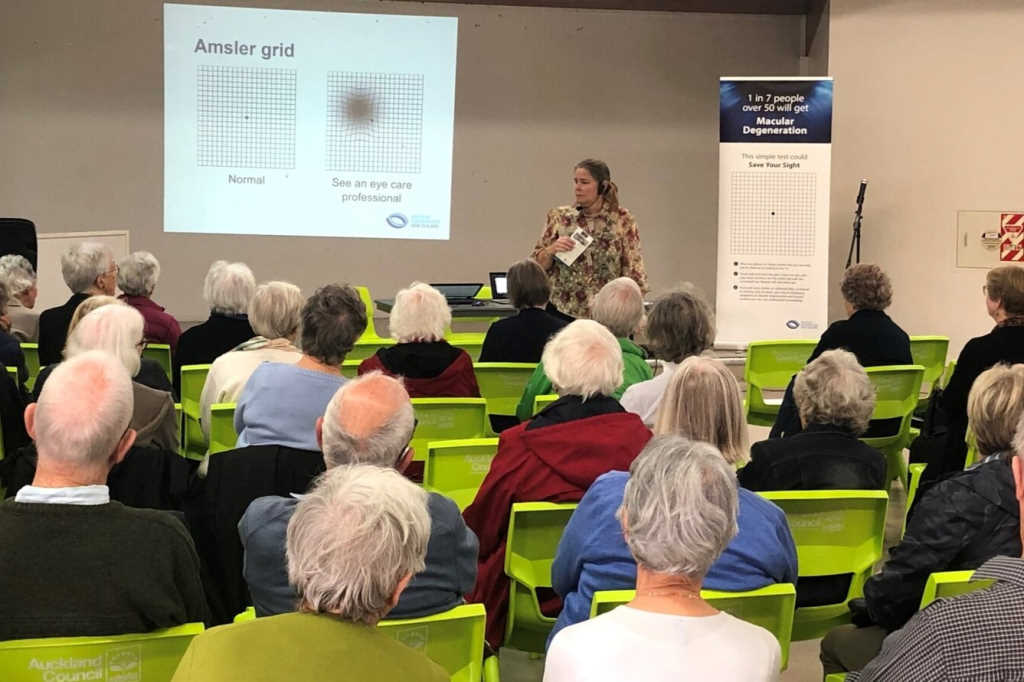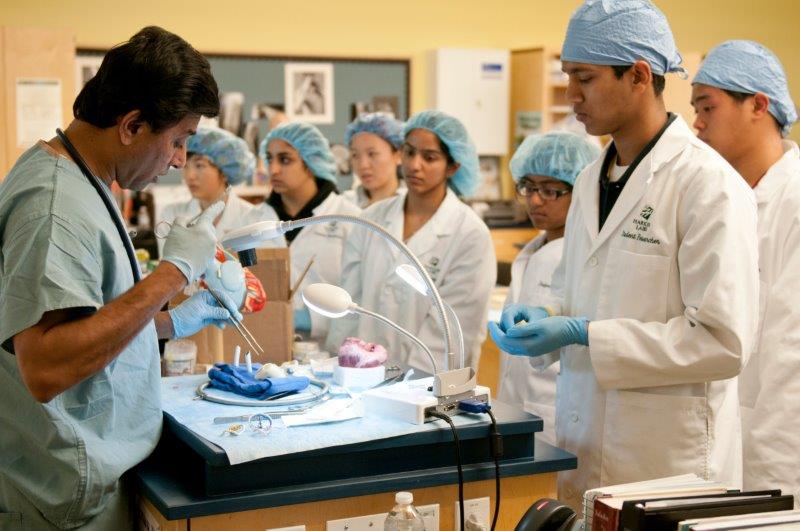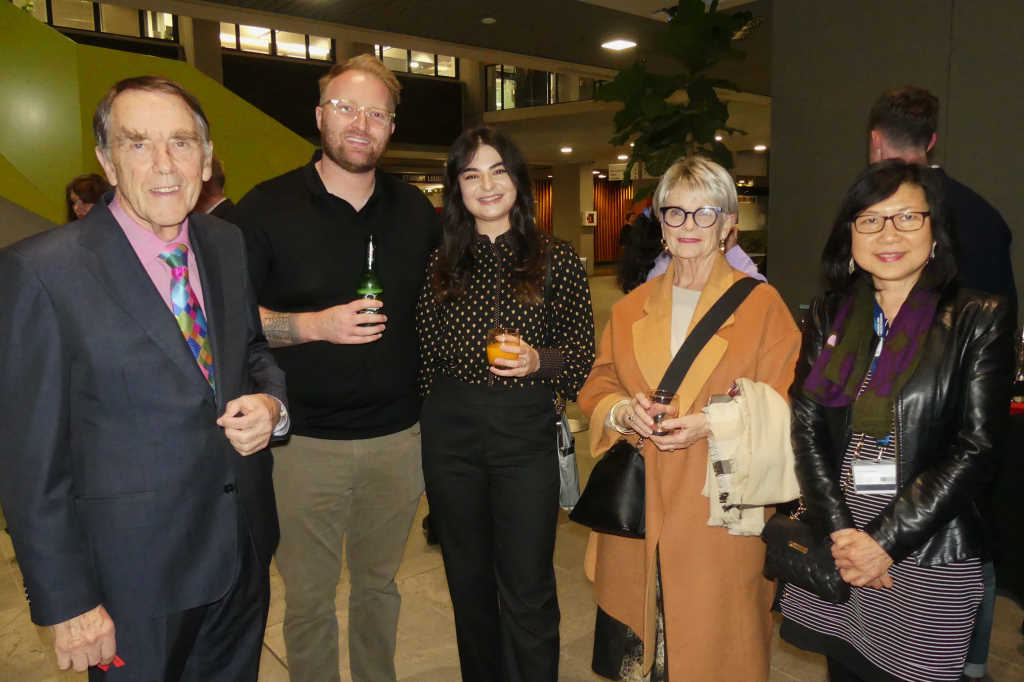RANZCO shuns new Australian cataract standard
The Australian Commission on Safety and Quality in Health Care’s (ACSQHC) new Cataract Clinical Care Standard has been rebuffed by the Royal Australian and New Zealand College of Ophthalmologists (RANZCO).
The standard aims to improve Australians’ access to care by defining pathways for prioritising surgical and non-surgical treatment of cataracts, with more efficient and equitable access for those more socio-economically disadvantaged, including Aboriginals and Torres Strait Islanders. “The clinical decision about whether to offer cataract surgery takes into account the patient’s level of visual impairment, the impact of visual deficits on their daily life, and the potential benefits and harms associated with surgery”, reported the ACSQHC when it released the standard at the end of August.
“For the most part, RANZCO agreed with the standards and applauds the ACSQHC for taking the lead in developing them,” said Dr Peter Hadden, chair of RANZCO New Zealand. “The broad range of stakeholder engagement resulted in a comprehensive set of standards. However, the College cannot support the inclusion of a specific recommendation on a number for visual acuity (VA). Noting that this is accompanied by a requirement to apply the number in combination with other factors, there is an unacceptable risk that the number will be applied in isolation.”

It was disappointing that the ACSQHC did not listen to the experts when making their final decision, he added. “A VA threshold to qualify for cataract surgery is just one piece in the puzzle, which excludes some patients whose lives are being negatively impacted by their condition.” Comparing it with a New Zealand CPAC case, for example, he said, some of the standard lines on the Snellen chart are missing entirely (6/7.5, 6/30, 6/48 and others). “So clinicians are required to round acuity values for scoring. The rounding methods are not intuitive, inconsistently applied and are likely to skew results based on the clinician. Further, using Snellen acuity does not align with any international standard and there is a real risk that some, such as hospitals or private health insurers, will apply this standard in isolation and not consider all factors that inform a decision about cataract surgery… there has been no rigorous validation of the impact-on-life tool for measuring vision-related quality of life and overrides are often variably applied. The best judge as to how and why cataract surgery should be performed is the ophthalmologist.”
In New Zealand, “The nationwide mean BSCVA of 6/30 (prioritised eye) at the time of prioritisation indicates that a significant level of visual impairment is required to access public-funded surgery in New Zealand,” with Māori and Pasifika having even worse levels, wrote Hamilton-based ophthalmologist and Auckland University senior lecturer Dr James McKelvie in 2020. “Over one quarter of patients who were declined for surgery did not meet the VA requirement for driving a private vehicle in New Zealand… (while) a small but significant number of patients who were declined for public-funded surgery had such advanced visual impairment they would be eligible for registration with Blind Low Vision New Zealand.”
Consultant and surgeon Dr Dean Corbett of Auckland Eye added, “The issues are complex. Cataract surgery is a critical service that needs to be incorporated into the public delivery of service, but there are significant variances in the skillset of different ophthalmologists and also surgical centres with regard to cataract surgery efficiency and outcomes, such as the time taken for a case and the quality of the surgery in regard to the technical outcome and patient experience.”
New Zealand’s ophthalmologists have been vocal about a nationwide standard of clinical care being adopted here. “In our view, a single national CPAC threshold seems like a fair and reasonable goal for public-funded surgery and is something that New Zealand ophthalmologists would like to push for,” said Dr Hadden. “Australia’s move will make us wary but will not put us off this proposal.”
For more, see: tinyurl.com/ACSQHCstandard; and for New Zealand, https://www.eyeonoptics.co.nz/articles/archive/battling-for-better-eye-care-in-nz/















